Panama small pelagics fishery first joined the improver program in 2011
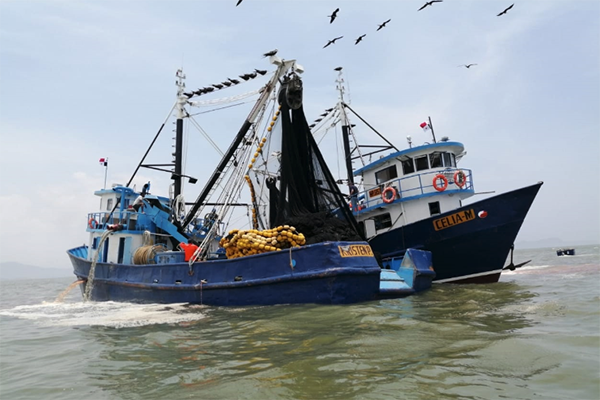
For the first time, a fishery and its associated fishmeal and fish oil production sites have gained MarinTrust certification following a time in the organization’s improver program.
More than a decade after the Panama small pelagics fishery was accepted onto the MarinTrust Improver Programme (IP), the fishmeal and fish oil production plants sourcing from it have demonstrated full compliance and just gained MarinTrust certification. The fishery passed the full MarinTrust fishery assessment and the production site passed a third-party audit by a certification body.
“This thorough process ensures not only that marine ingredients come from non-IUU (illegal, unregulated and unreported) fisheries that are managed in accordance with the FAO Code of Conduct for Responsible Fisheries but also that production is carried out to high standards of safety and quality, with sufficient care given to the environment, workforce, and local community,” said Nicola Clark, impacts manager at MarinTrust.
Some of the main improvements made in this fishery include a new management plan and the setting of total allowable catches (TACs). An onboard observer program enabled the collection of information on the size and maturity of the target species and the ecosystem impacts on endangered species. Fishermen were trained to release vulnerable species alive.
“Back in the 2010s, the Panama small pelagics fishery was data poor, with inadequate records of effort or landings, and nothing known about its impacts on the ecosystem. The market had started demanding third-party proof of sustainability, so something needed to be done” said Ernesto Godelman, executive director of CeDePesca, the nonprofit organization that initiated the project.
While marine ingredients produced using accepted FIP raw material may be sold as a MarinTrust Improver Programme product, plants producing certified products can claim the MarinTrust certification and use the MarinTrust logo. Once certified, sites are required to have annual surveillance audits as part of the 3-year certification cycle and must undergo a recertification audit every three years in order to maintain certification status. The fisheries assessment component of the standard includes an annual surveillance audit and full re-assessment every three years.
The FIP, now run in conjunction with Procesadora Bayano SA (Probasa), was the first to be accepted onto the MarinTrust Improver Programme.
“This recognition is the result of more than seven years of hard work in the fishing sector and an indication that our nation guarantees good practices in the industry, consolidating investments that focus their strengths on consistent improvements, in the short and medium term, aligned with the interests of conscientious consumers committed to nature around the world,” said Flor Torrijos, general administrator at Panama’s ARAP (Autoridad de los Recursos Acuaticos y Pesqueros- Fishery and Aquatic Resources Authority) concluded.
Follow the Advocate on Twitter @GSA_Advocate
Now that you've reached the end of the article ...
… please consider supporting GSA’s mission to advance responsible seafood practices through education, advocacy and third-party assurances. The Advocate aims to document the evolution of responsible seafood practices and share the expansive knowledge of our vast network of contributors.
By becoming a Global Seafood Alliance member, you’re ensuring that all of the pre-competitive work we do through member benefits, resources and events can continue. Individual membership costs just $50 a year.
Not a GSA member? Join us.
Author
Tagged With
Related Posts
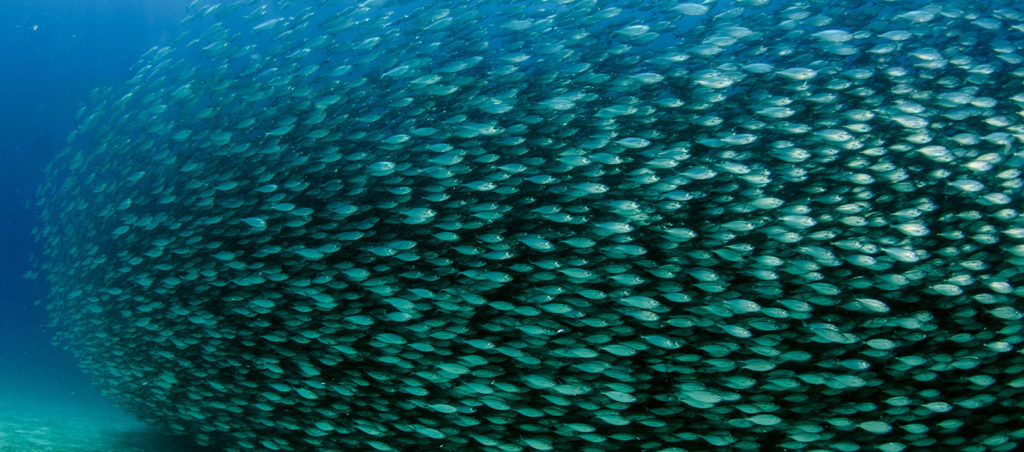
Aquafeeds
IFFO RS: Responsible fishmeal sourcing crucial for aquaculture
Libby Woodhatch says responsible sourcing and safe raw material production is “vital” if fishmeal and fish oil are to remain credible aquafeed ingredients.
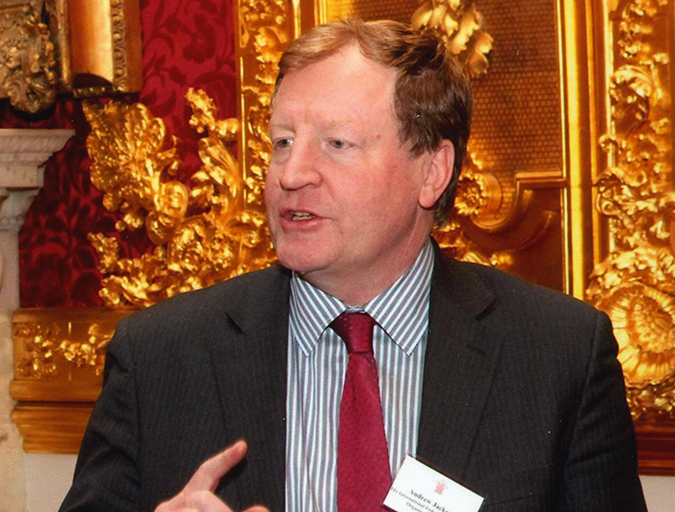
Aquafeeds
Aquaculture Exchange: Andrew Jackson, IFFO
Aquaculture remains dependent on fishmeal and fish oil, crucial marine ingredients in aquafeeds, particularly at key life stages. Andrew Jackson, technical director at IFFO and one of the world’s foremost fishmeal experts, tells the Advocate that the two industries can coexist well into the future if properly managed.
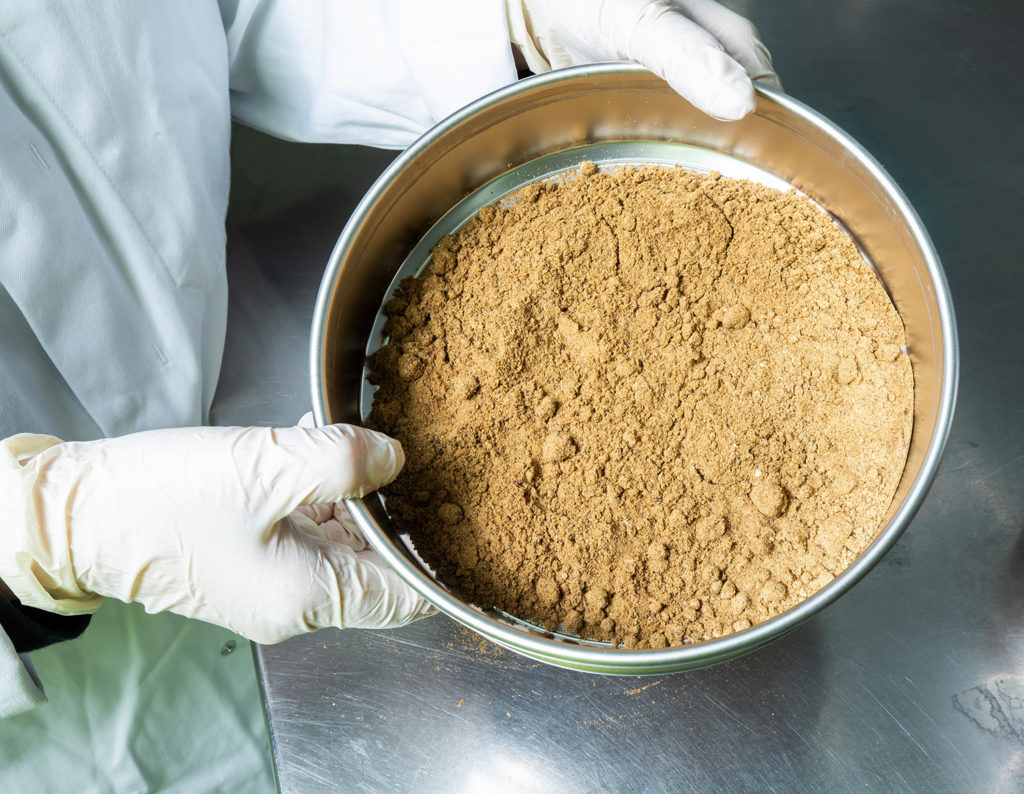
Aquafeeds
Counterpoint: Marine ingredients are stable in volume, strategic in aquaculture nutrition
IFFO Director General Petter M. Johannessen says fishmeal and fish oil offer unmatched nutrition and benefits to fuel aquaculture’s growth trajectory.
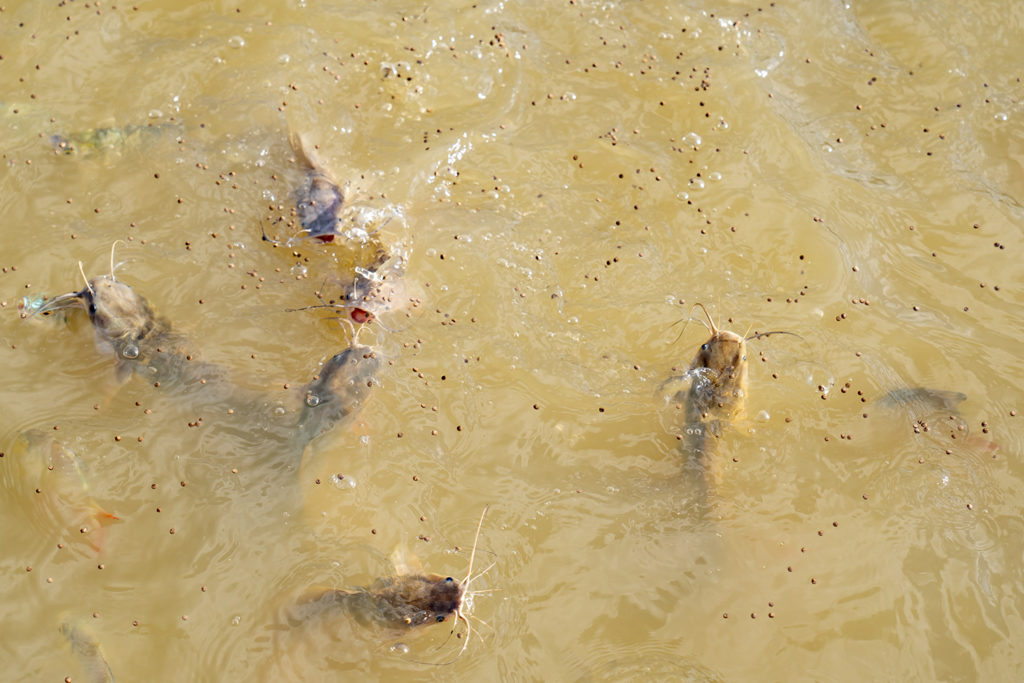
Aquafeeds
‘We will very likely find it’: Microplastics warning sounded for aquafeeds
The warning about microplastics pollution is finding its way to aquaculture, as a new study finds contaminated samples of fishmeal, a prominent aquafeeds ingredient.



